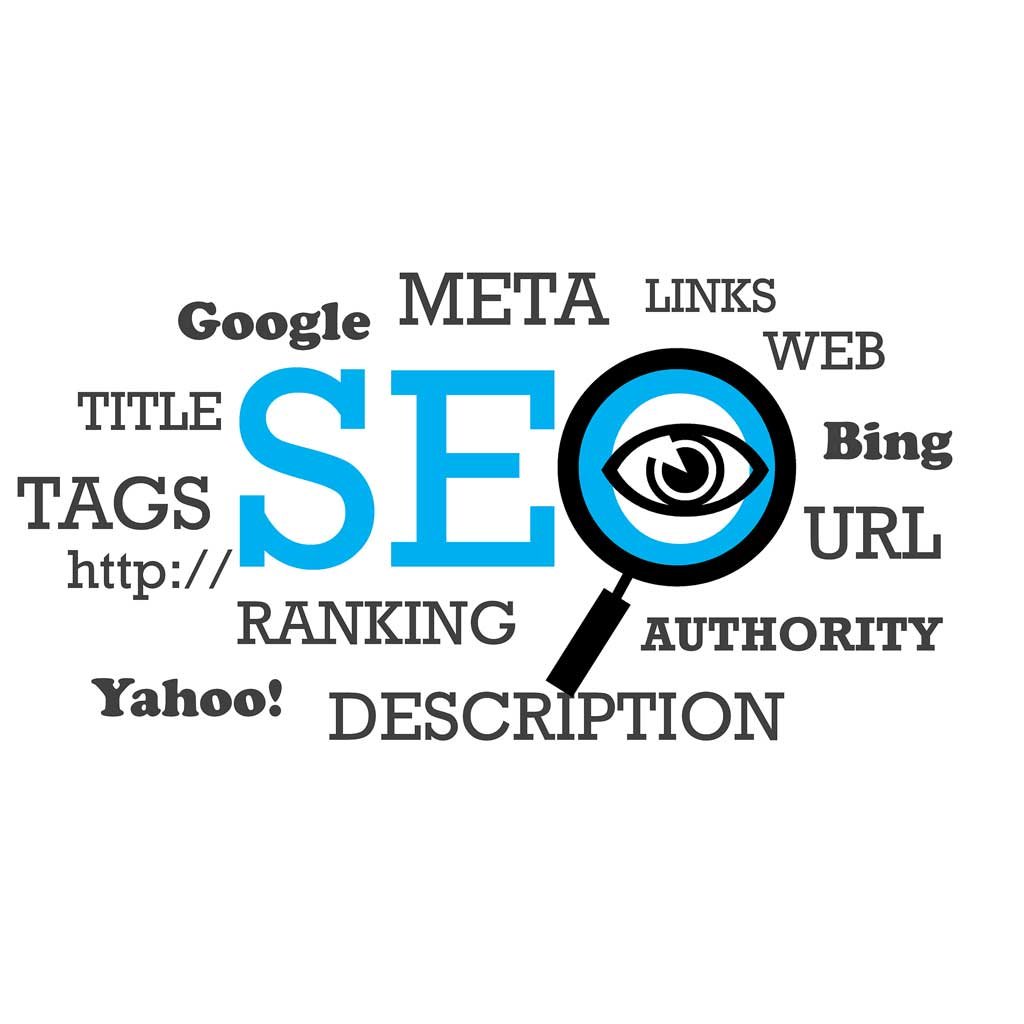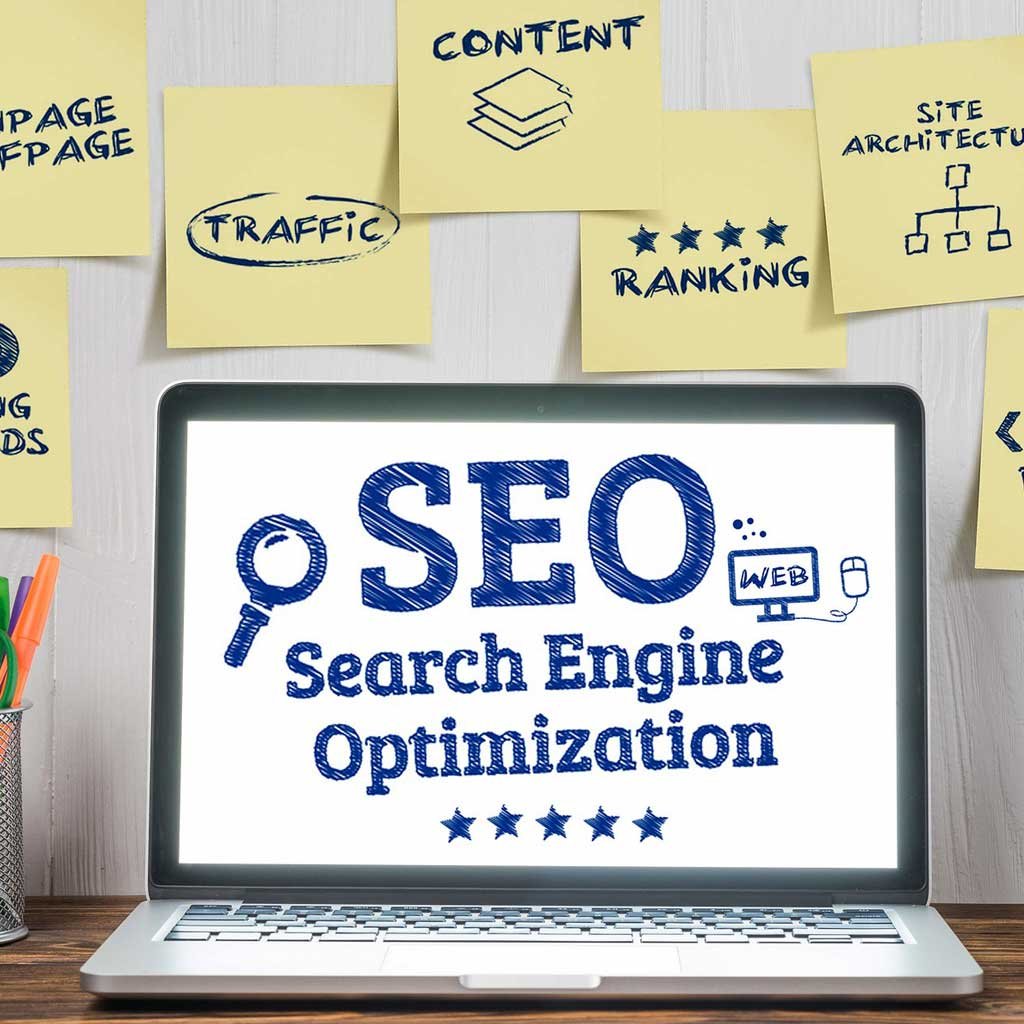What is the role of AI and machine learning in SEO?
June 01, 2024 | Digital Techtune

The digital landscape is ever-evolving, and Search Engine Optimization (SEO) is a crucial element for any business striving to enhance its online presence. In recent years, Artificial Intelligence (AI) and Machine Learning (ML) have emerged as game-changers in this domain. These technologies are transforming how search engines operate and how businesses optimize their content for better visibility and ranking. This article explores the role of AI and ML in SEO, detailing their impact, benefits, and the future trajectory of these technologies within the SEO landscape.
Understanding AI and Machine Learning
AI refers to the simulation of human intelligence in machines programmed to think and learn like humans. Machine Learning, a subset of AI, involves the use of algorithms and statistical models to enable computers to improve at tasks with experience. In the context of SEO, AI and ML can analyze vast amounts of data, identify patterns, and make data-driven decisions to optimize search engine performance.
How AI and ML are Transforming SEO
1. Enhanced Keyword Research
Keyword research is the foundation of SEO. Traditional methods involve manual research to identify relevant keywords. AI and ML enhance this process by analyzing search trends, user intent, and competitor strategies in real-time. Tools powered by AI, such as Google’s RankBrain, can understand the context behind search queries, leading to more accurate keyword suggestions. These tools can also predict the effectiveness of keywords, enabling marketers to prioritize those with higher potential impact.
2. Content Creation and Optimization
Creating high-quality, relevant content is critical for SEO success. AI-driven tools like GPT-3 can generate content ideas, write articles, and optimize content for SEO. These tools analyze top-performing content in specific niches, identify gaps, and suggest topics that are likely to attract traffic. Moreover, AI can optimize existing content by suggesting improvements in readability, keyword usage, and structure, ensuring that it aligns with search engine algorithms.
3. Understanding User Intent
Search engines are increasingly focusing on understanding user intent to deliver more relevant results. AI and ML play a crucial role in this by analyzing user behavior and search patterns. Technologies like natural language processing (NLP) help search engines understand the context and semantics of queries. For instance, Google’s BERT algorithm uses NLP to comprehend the nuances of user queries, leading to more accurate search results. This shift towards intent-based search means that businesses need to focus on creating content that addresses the underlying needs and questions of their audience.
4. Voice Search Optimization
With the rise of virtual assistants like Siri, Alexa, and Google Assistant, voice search has become a significant trend. AI and ML are instrumental in optimizing for voice search by understanding natural language and conversational queries. SEO strategies now need to consider long-tail keywords and question-based queries, as users tend to use more natural language when speaking compared to typing. AI can help identify these trends and optimize content accordingly, ensuring that businesses remain visible in voice search results.
5. Personalized User Experience
Personalization is a key factor in modern SEO. AI and ML enable businesses to deliver personalized content and experiences to users based on their behavior, preferences, and search history. By analyzing data such as location, device, and past interactions, AI can tailor content recommendations and search results to individual users. This not only improves user engagement but also enhances the likelihood of conversions, as users are more likely to engage with content that is relevant to their needs.
6. Automated SEO Tasks
AI and ML can automate repetitive and time-consuming SEO tasks, allowing marketers to focus on strategy and creativity. Tasks such as keyword research, on-page optimization, and performance analysis can be automated using AI-powered tools. For example, AI can automatically generate meta tags, alt texts, and schema markup, ensuring that web pages are optimized for search engines. Automation also extends to technical SEO, where AI can identify and fix issues such as broken links, duplicate content, and page speed optimization.
Impact of AI and ML on Search Engine Algorithms
Search engine algorithms are constantly evolving to provide better user experiences. AI and ML are at the core of these advancements, enabling search engines to deliver more accurate and relevant results.
1. Google’s RankBrain and BERT
Google’s RankBrain is an AI system that helps process search results. It uses machine learning to understand the meaning behind queries and to find pages that might not have the exact words searched for but are related to the search intent. BERT (Bidirectional Encoder Representations from Transformers) is another AI-driven update that helps Google understand the context of words in searches. BERT’s ability to interpret the nuances of language means that content needs to be more focused on user intent rather than just keyword matching.
2. Personalized Search Results
AI and ML allow search engines to personalize search results based on user behavior. Factors such as search history, location, and device influence the results a user sees. This means that SEO strategies need to consider personalization, as two users searching for the same query might see different results based on their individual profiles.
3. Enhanced Spam Detection
AI and ML have significantly improved spam detection in search results. Algorithms can now identify and penalize low-quality, irrelevant, or manipulative content more effectively. This ensures that high-quality content that provides genuine value to users is prioritized, creating a better search experience and maintaining the integrity of search results.
Benefits of AI and ML in SEO
1. Improved Efficiency
AI and ML automate many SEO tasks, reducing the time and effort required for manual processes. This allows marketers to focus on strategic initiatives and creative tasks that require human insight and expertise.
2. Better Insights and Data Analysis
AI-driven tools can analyze vast amounts of data quickly and accurately, providing actionable insights for SEO strategies. This data-driven approach enables businesses to make informed decisions and optimize their content and strategies effectively.
3. Enhanced User Experience
By understanding user intent and behavior, AI and ML enable businesses to create more relevant and personalized experiences for users. This leads to higher engagement, increased dwell time, and ultimately better search rankings.
4. Competitive Advantage
Early adopters of AI and ML in SEO gain a competitive edge by leveraging advanced technologies to enhance their strategies. These businesses can stay ahead of trends, adapt to algorithm changes, and deliver superior user experiences.
Challenges and Considerations
While AI and ML offer numerous benefits for SEO, they also present challenges and considerations.
1. Complexity and Learning Curve
Implementing AI and ML in SEO requires a certain level of technical expertise and understanding. Businesses need to invest in training and education to leverage these technologies effectively.
2. Data Privacy and Ethics
The use of AI and ML involves collecting and analyzing large amounts of user data. This raises concerns about data privacy and ethical considerations. Businesses must ensure that they comply with data protection regulations and prioritize user privacy.
3. Keeping Up with Algorithm Changes
Search engine algorithms are constantly evolving, and staying updated with these changes can be challenging. Businesses need to be agile and adaptable to ensure that their SEO strategies remain effective in the face of algorithm updates.
Future of AI and ML in SEO
The future of AI and ML in SEO is promising, with continuous advancements and innovations on the horizon.
1. Greater Integration with Other Technologies
AI and ML will increasingly integrate with other technologies such as Augmented Reality (AR), Virtual Reality (VR), and the Internet of Things (IoT). This will create new opportunities for immersive and interactive content, enhancing user experiences and SEO strategies.
2. Advanced Predictive Analytics
Predictive analytics powered by AI will become more sophisticated, enabling businesses to anticipate trends, user behavior, and search patterns. This will allow for more proactive and effective SEO strategies.
3. Voice and Visual Search
Voice and visual search are expected to grow, driven by advancements in AI and ML. Businesses will need to optimize their content for these search modalities, focusing on natural language and visual content.
4. Hyper-Personalization
AI and ML will enable even more granular levels of personalization, delivering highly tailored experiences to individual users. This will require businesses to leverage data and insights effectively to meet user expectations and enhance engagement.
Conclusion
AI and Machine Learning are revolutionizing the field of SEO, offering unprecedented opportunities for businesses to optimize their online presence. From enhanced keyword research and content optimization to understanding user intent and automating SEO tasks, these technologies are transforming how SEO is practiced. While there are challenges and considerations, the benefits far outweigh the drawbacks. As AI and ML continue to evolve, businesses that embrace these technologies will be well-positioned to achieve SEO success and stay ahead in the competitive digital landscape.

